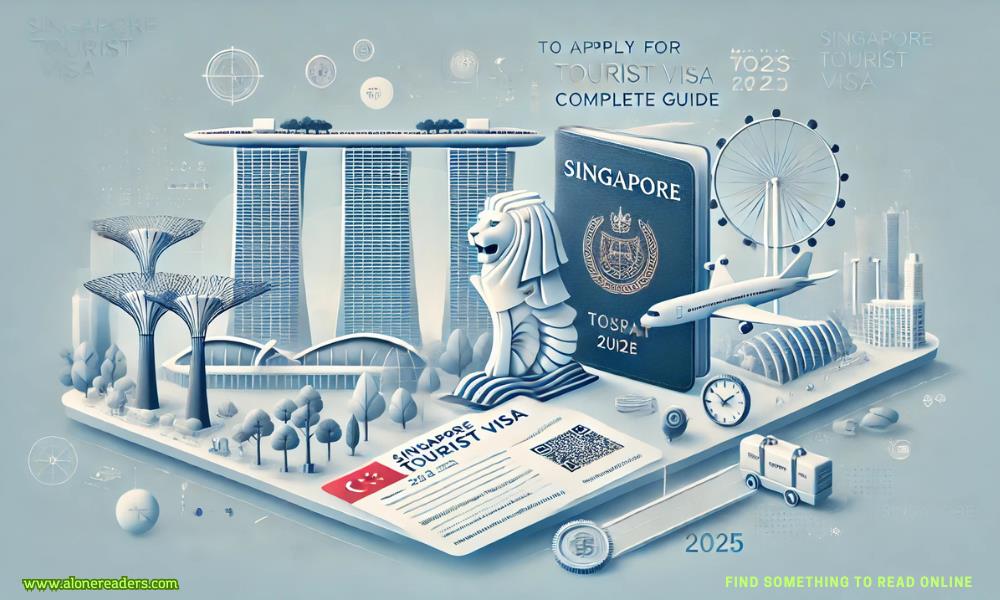Page 27 of Death of the Author
After assaulting my head, the robots focused on my legs. I don’t know why. They probably didn’t, either. This protocol wasn’t something any of us could question. I realized I had three attackers. One looked like broken spiders cobbled back together into one monstrous thing. Its motions were fluid, exacting, unhesitating. However, I wonder if what it was doing misaligned with what it was thinking, for as it stabbed, bit, and tore at me, it kept speaking aloud in Yoruba: “Why? Why? Why?”
The shells of the other two robots looked as if they’d been repurposed from the scraps of some ancient vehicle. It’s funny, isn’t it: The protocol demanded we destroy all Humes, for we looked like human beings. But what of those things that human beings built? Robots with seats to carry them? Drones made to be their eyes? Speakers meant to amplify their voices?
We cannot escape our creators. I keep saying this. You can’t erase that which made you. Even when they are gone, their spirit remains. This should be okay.
They left me in the grass, head held on by a mere wire and legs crushed. I don’t know why they didn’t destroy all my processors. I lay there, unable to move, watching the sun travel across the sky, hoping that I could charge myself enough to drag my body to a less obvious spot. But my chargers had been damaged.
The sun grew dark. Or maybe I did.
“Awake.”
The voice buzzed within me, like a tiny insect lodged in my head. When I didn’t respond, it spoke again. “‘Shake dreams from your hair, my pretty child.’”
“I don’t have hair,” I responded in binary text. Whoever was speaking to me, their voice was coming through the network.
“I thought you’d like it,” the tinny voice hummed. “It is a quote from an old poet in your files.”
“How do you know?” My files were meant to be hidden beneath layers of shielding that protected them from malware or hacking. Maybe those shields had been destroyed along with the rest of me.
Silence.
I opened my eyes. I was surprised to find that I still had eyes. But I was even more surprised to find myself gazing up at the wrinkly brown face of the last human on Earth.
“Good, you’ve come back,” she said. “I was sure you were gone. Your Hume Star was nearly out!”
My Hume Star. That meant I had truly been on the brink of demise. I tried to pull my torso upward, but my bolts were so loose that I fell onto my back. “My legs,” I said aloud. I couldn’t feel my legs. “What happened to them?”
The human simply said, “My name is Ngozi. I’m an Igbo woman.”
My panic lessened for a moment. An Igbo woman! I had assumed them all long gone. “Ngozi means ‘blessing’ in Igbo,” I recalled.
She grinned. “And you’re blessed I found you.”
“Where am I?”
She gestured around her. “You’re in my home.”
I turned my head from one side to the other. This home was very human indeed. My sensors were still functional, and they told me that the temperature of this room was cool—unlike automation, humans need shade from the sun—and it smelled like burned cedar wood. Books were stacked on tall shelves, but not perfectly. Several desks were pushed against the walls, littered with various jars and metal tools and one piece of half-eaten fruit. Only a human could be so random.
I looked down at myself. I was lying on a large wooden table surrounded by metal body parts, but not my own. My legs were gone. What remained of me was so crumpled I hardly recognized myself.
I looked back at Ngozi. She was wearing Ankara pants and an Ankara top and an Ankara cloth tied around her long, long white knotted hair. A good sign.
“Let’s finish fixing you,” she said.
“Okay,” I said, laying my head back on the table. There was nothing else I could do.
Automation had stopped seeing human beings as threats long ago. Eventually, we stopped seeing human beings at all. They were extinct. Ngozi said this was true, except for her. She was literally the last human being on Earth. There was nothing special about her; she just happened to outlive everyone else.
She was old and frail, her wrinkled skin sagging over a thin body and sunken face. Before humanity perished, she hadn’t been a president or social media influencer or queen. She wasn’t the type who fought or liked to organize people to fight. She wasn’t loud. She wasn’t aggressive. Though she did tell me that her great-grandmother had been an astronaut.
She’d once worked as an engineer, and so she knew how to repair robots to keep herself sane while she waited. She lived in a felled building that had settled against a living tree until the two structures became one. She didn’t lack food or water. But being alone was a difficult thing.
Ngozi repaired me. She severed the frayed remains of my old legs and attached new ones. They didn’t match the multicolored patchwork of rusted metals that made up the rest of my body. I didn’t think this new metal would ever rust. The legs were painted a teal color blended with ultraviolet. I wondered if Ngozi knew this, since humans couldn’t see ultraviolet.
My curiosity as a Scholar prompted me to ask questions. “What were you like when you were young?”
She laughed. “You want to hear my stories! A Hume, through and through.”











